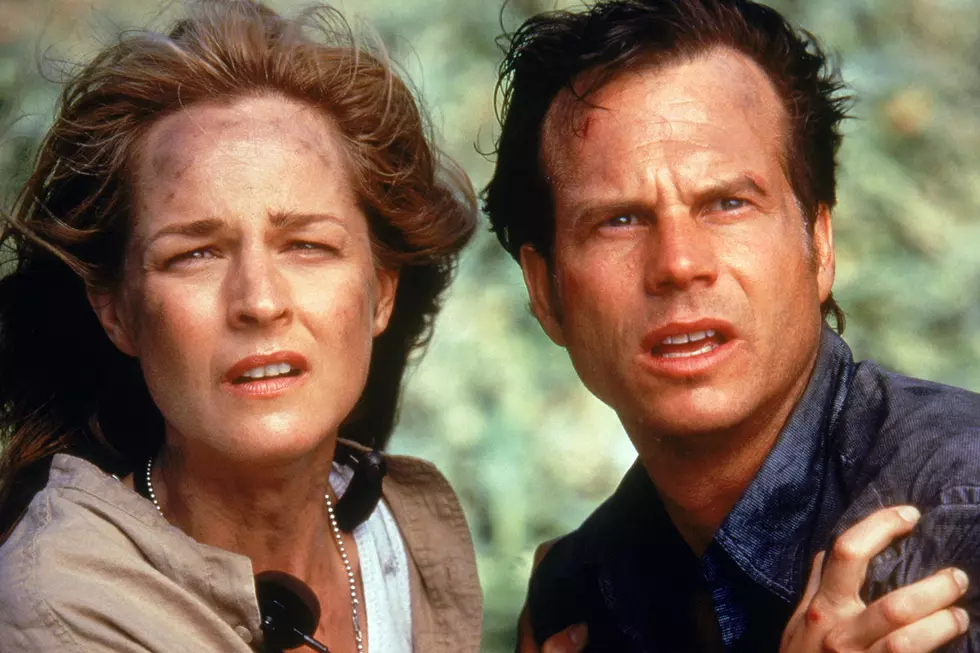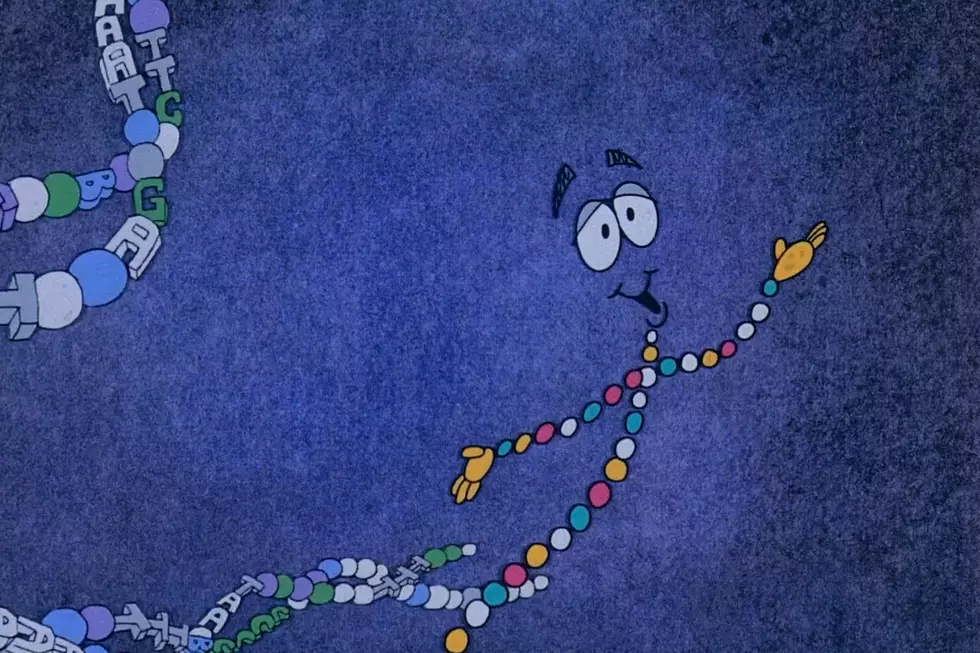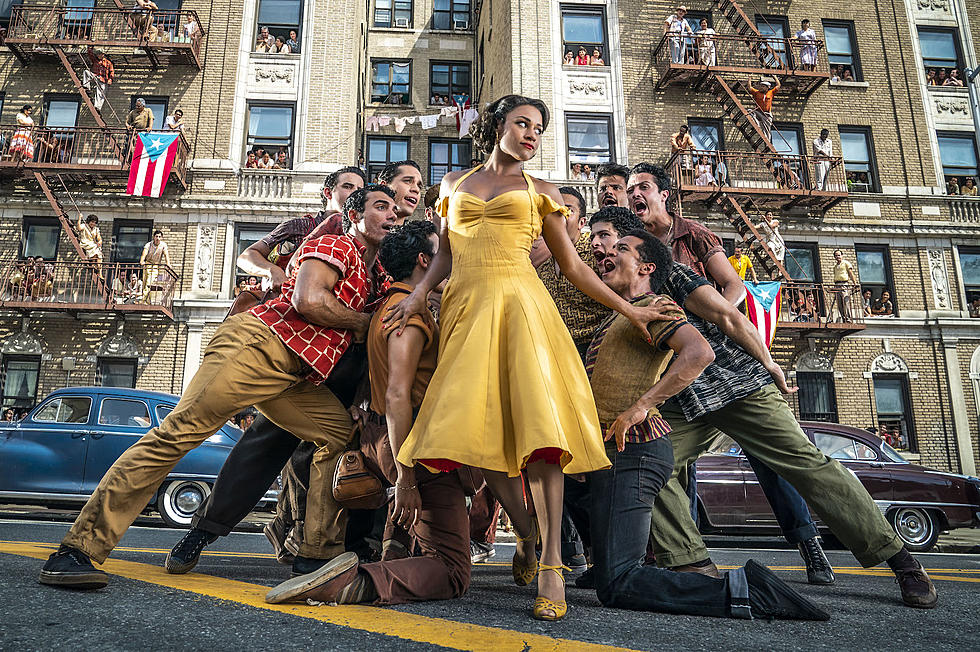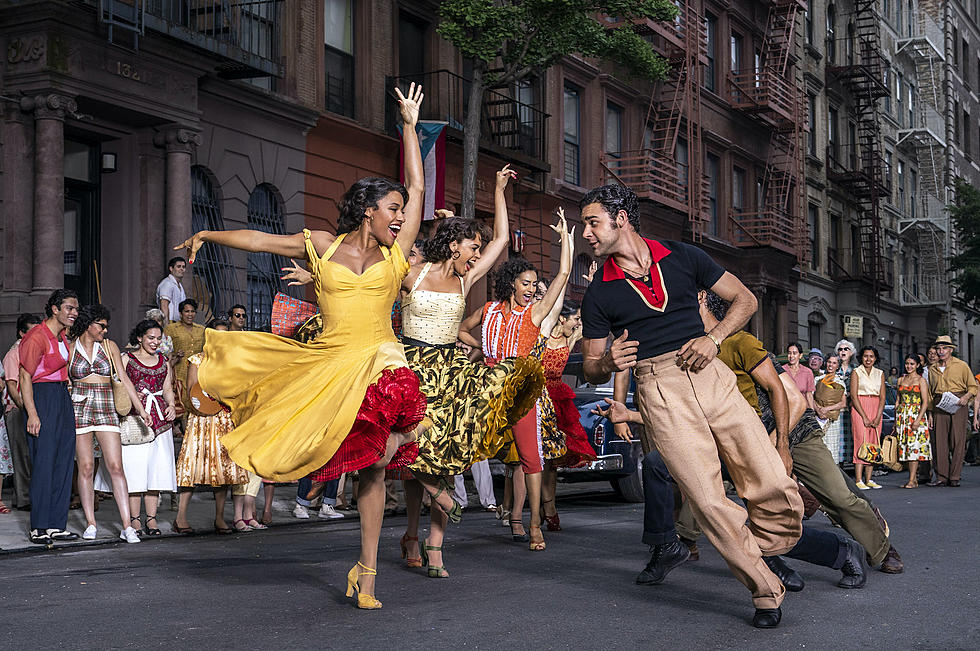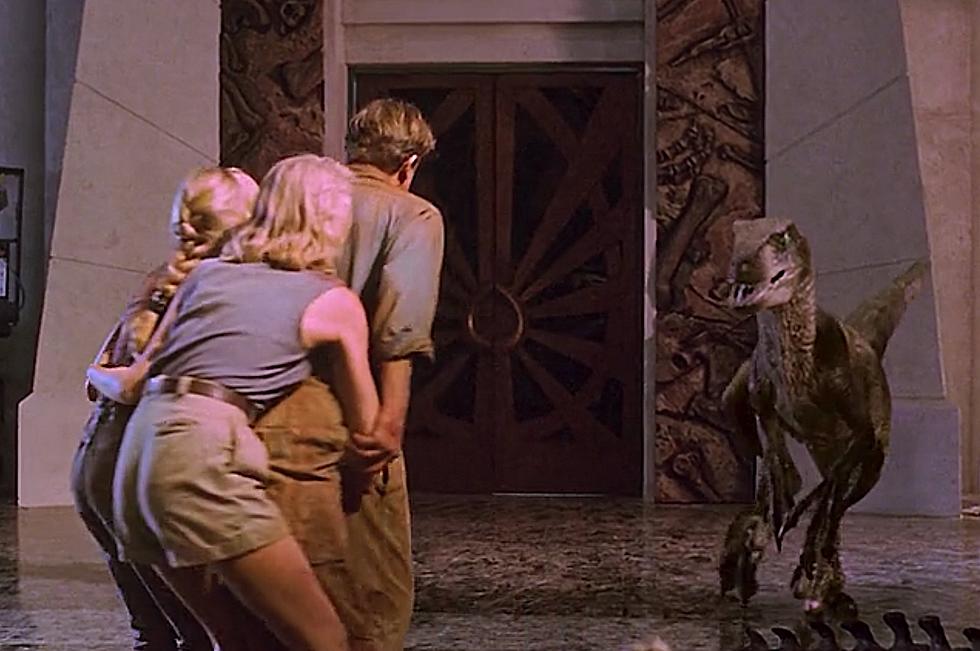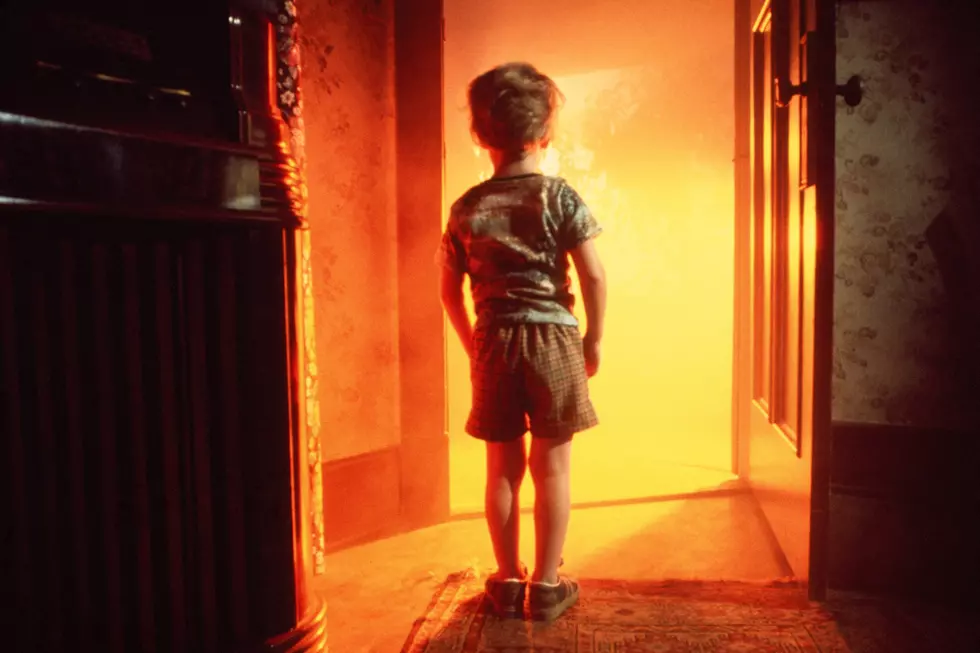
45 Years Ago: ‘Close Encounters’ Helps Cement Spielberg’s Legacy
In an interview with Variety, Quentin Tarantino noted that Steven Spielberg's Close Encounters of the Third Kind was a movie close to his heart because it was "an epic for regular people, not just cinephiles. Few films had the kind of climax that Close Encounters had. It blew audiences away." With his usual film acumen, Tarantino managed to nail what made Spielberg's fourth film one of the most important in his entire body of work: It cemented his ability to make epic films that appeal to everyone, which he continued to do as well as any director in history.
The movie, which premiered on Nov. 16, 1977, came at a crucial juncture in Spielberg's career. Still only a month shy of his 31st birthday, the director already had three feature films under his belt. The first, Duel, from 1971, was a made-for-TV adventure story that was critically well-received, and has gone on to great acclaim, but didn't make much of an impression with audiences at the time. His second movie, The Sugarland Express, did fairly well at the box office but didn't necessarily lead people to think he was a director from whom they could expect great things.
This all changed with Spielberg's third film. In 1975, Jaws became one of the biggest box office hits of the 1970s and helped to invent the concept of the summer blockbuster. In its wake, Spielberg was on top of the world. He could make virtually anything he wanted.
But in Hollywood, there was still a question he needed to answer: Was he the director who had made two well-crafted but not particularly successful films, or the one who had made the massive hit that no one could stop talking about? Was he the real deal, or did he just get lucky?
Watch the Trailer for 'Close Encounters of the Third Kind'
The answer, of course, was the former. But nothing's ever as easy as it looks in Tinseltown, and for a while, things seemed a bit dicey. Spielberg had wanted to make an alien movie for a long time, and while he was still a teenager he had directed a movie about high school friends that wasn't too dissimilar to Close Encounters; he called it Firelight and screened it at his local movie theater in Phoenix, where he grew up.
After making Sugarland Express, he decided to return to the theme of aliens and approached Paul Schrader about writing a script for it.
The screenplay was, at least in Spielberg's estimation, an unmitigated disaster. He famously called it "one of the most embarrassing screenplays ever professionally turned in to a major film studio or director." One wonders, though, if the fault didn't lie at least in part with Spielberg himself: Schrader, a cerebral, violence-obsessed writer who broke through with his script for Taxi Driver and had cut his teeth by writing a book of criticism about art-house favorite directors Robert Bresson, Yasujiro Ozu and Carl Theodor Dreyer, was an exceedingly strange choice to write a big-budget popcorn film.
Up against the wall, and after running through several other screenwriters, Spielberg decided he would write the script himself. The result was a story that is as personal as that of any film he made during his early years as a director.
Watch Richard Dreyfuss Build Devil's Tower Out of Mashed Potatoes in 'Close Encounters'
Close Encounters stars Richard Dreyfuss as Roy Neary, a blue-collar worker at an electric company who's investigating a power outage one night when a UFO buzzes past him at high speed. But Roy's not the only one who's experiencing strange visits; all over the world, there are indications of strange happenings, including the reappearance of a squadron of fighter planes that disappeared during World War II, the abduction of a young child named Barry from the Midwest and groups of people in far-flung locations who seem to be hearing the same five-note musical sequence.
In one of the movie's most famous themes, Roy also becomes obsessed with a shape that he obsessively builds out of everything from mashed potatoes at dinner to a mud-and-dirt sculpture in his living room. Eventually, this serves as the reveal to the big climax that so entranced Tarantino when he watched the film as a teenager.
Roy realizes that the shape he's building is Devil's Tower in Wyoming. He drives there in time to witness the landing of an alien craft, which several scientists have predicted and prepared for. They communicate with that five-note musical sequence, the little boy who has been abducted climbs out of the spaceship with the aliens, and Roy gets aboard and flies away with them.
Watch the Spaceship Landing on Earth in 'Close Encounters'
It's been remarked over and over again that the central theme in Spielberg's career is families being broken up or put back together, and Close Encounters certainly fulfills this: Roy Neary leaves his dysfunctional family at the end to zoom around space with the aliens, while the missing child Barry is returned to his family.
There's also something in Roy's obsessive quest to keep trying to build a structure until he finally sees it in reality, and in his decision to explore the universe with fantastically conceived aliens, that feels more personal to Spielberg than, say, Indiana Jones's quest to defeat the Nazis in Raiders of the Lost Ark. Movies are, after all, an attempt to create something almost impossible to imagine in its final form until it's complete and based in magical flights into the unknown.
But in the end, it's not the deeply personal nature of Close Encounters that makes it one of Spielberg's most important films. Even more significantly, it was a massive hit, grossing over $300 million against a budget of $20 million. Its success proved that Spielberg was one of the few directors to emerge from the roaring '70s Hollywood scene who wouldn't flame out and whose vision would translate to the following decades.
As Tarantino alluded to, the ending of the film, in particular, encapsulates what has made Spielberg one of the most beloved and greatest American directors of all time: It's majestic, pulls on the heartstrings at the same time it stirs imagination and appeals not just to cinephiles but to everyone who loves movies.
28 Classic Films That Were Turned Into (Mostly Failed) TV Shows
More From 97.1 KXRX


